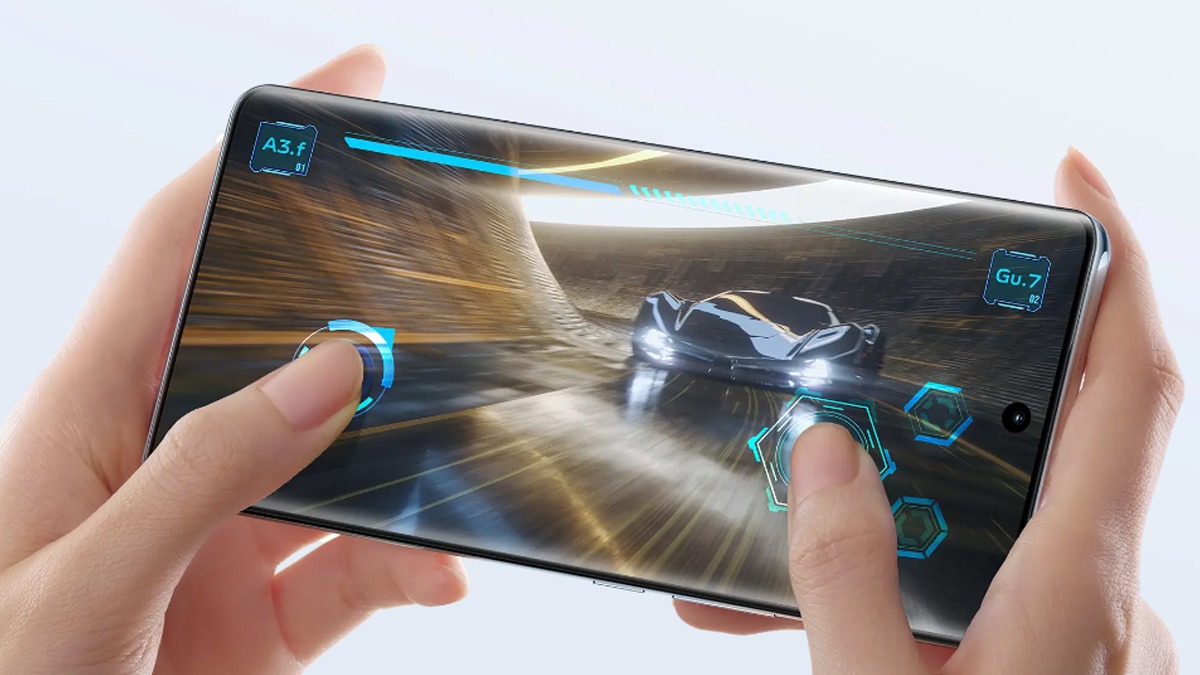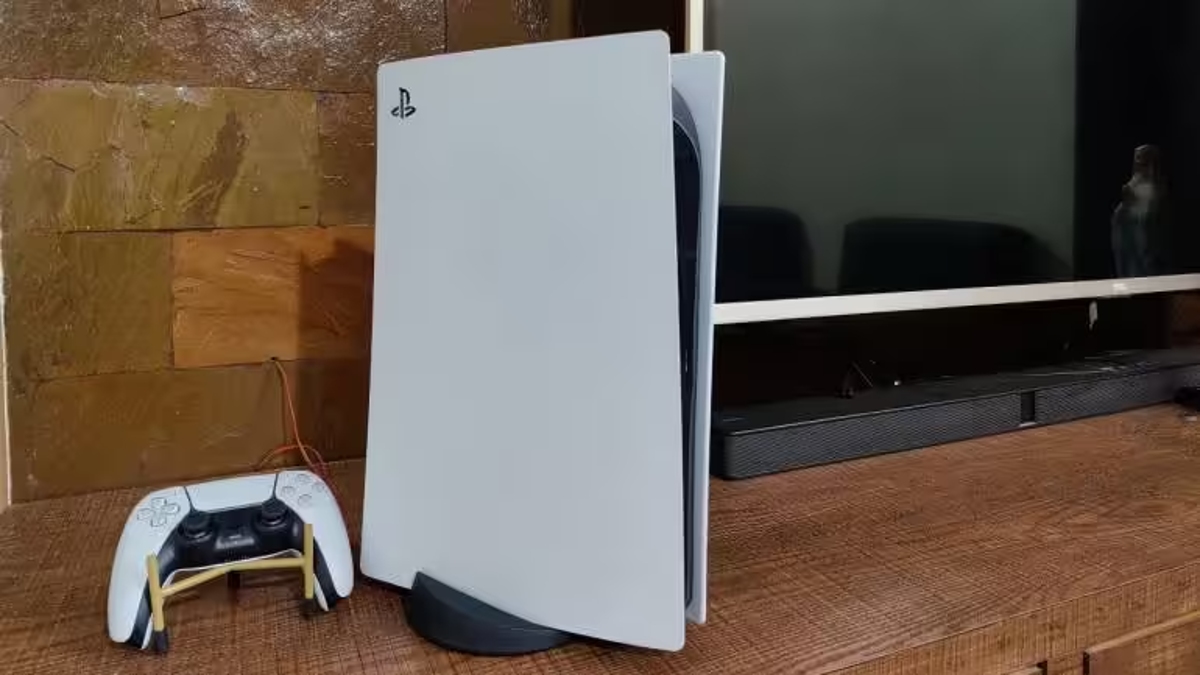Just In
- 6 hrs ago

- 6 hrs ago

- 7 hrs ago

- 8 hrs ago

Don't Miss
- Sports
 PBKS vs MI IPL 2024: Twitter Bows 'Baazigar' Ashutosh Sharma after stellar knock against Mumbai Indians
PBKS vs MI IPL 2024: Twitter Bows 'Baazigar' Ashutosh Sharma after stellar knock against Mumbai Indians - Movies
 Salman Khan Is All Set To Start The Shooting For His Upcoming Movie 'Sikandar', All The Details We Know So Far
Salman Khan Is All Set To Start The Shooting For His Upcoming Movie 'Sikandar', All The Details We Know So Far - Finance
 Wipro Q4 Results Preview: Weak Demand Likely To Drag Revenue Sequentially, EBIT Margins Seen Stable
Wipro Q4 Results Preview: Weak Demand Likely To Drag Revenue Sequentially, EBIT Margins Seen Stable - News
 BRS Chief K Chandrasekhar Rao Slams BJP, Says K Kavitha's Arrest Is Vendetta Politics
BRS Chief K Chandrasekhar Rao Slams BJP, Says K Kavitha's Arrest Is Vendetta Politics - Automobiles
 Aprilia RS 457 Accessories: A Detailed Look At The Prices
Aprilia RS 457 Accessories: A Detailed Look At The Prices - Education
 Karnataka SSLC Result 2024 Soon, Know How to Check Through Website, SMS and Digilocker
Karnataka SSLC Result 2024 Soon, Know How to Check Through Website, SMS and Digilocker - Lifestyle
 7 Questions You Should Ask Your Partner Before Getting Into An Arranged Marriage
7 Questions You Should Ask Your Partner Before Getting Into An Arranged Marriage - Travel
Telangana's Waterfall: A Serene Escape Into Nature's Marvels
Elon Musk’s Neuralink Brain Implant Trials Later This Year; How Safe Is It?
Elon Musk has confirmed that his startup Neuralink would begin human trials "later this year." Musk shared this information while responding to a user willing to volunteer for Neuralink's human trials. These trials would involve implanting an AI chip in the human brain, believed to be controlled just by thinking.

"I was in a car accident 20 years ago and have been paralyzed from the shoulders ever since. I'm always available for clinical studies at @Neuralink," Hamoon Kamai tweeted.
In response, Musk said: "Neuralink is working super hard to ensure implant safety & is in close communication with the FDA. If things go well, we might be able to do initial human trials later this year."
The company aims to help paralyzed patients interact with their phones or computers with the help of the brain chip. Neuralink has already started testing the chip on animals and showed the results of the chip used on a pig. Musk also said that the chip was implanted in a monkey's brain and it was able to play video games with its mind.
How Safe Is Brain Implant?
While the animal trials have shown promise, implanting AI chip in a human brain and treating medical conditions could be a more complex task. There could be a few hurdles that this brain-reading tech needs to get right before commercial use.
Firstly, the longevity of the BCI (brain-computer interface) is a huge concern. BCIs use electrodes that tend to degrade over time, meaning Neuralink will have to use long-lasting electrodes to keep the chip running for a long time.
Moreover, the surgery to implant the chip in the brain can result in an infection. The company has provided information about the surgery and implants but no mentions of clinical considerations. Also, it's unclear whether or not the BCI implants could damage nerve tissue. While these infections might not be life-threatening, they will make removal of the chip necessary.
Most importantly, a very strong algorithm would be required to decode brain activity. For simple actions such as the movement of arms in different directions, this tech could work well, but its function for more complex brain processes is still questionable. Also, brain activity differs from person to person, even for similar thoughts.
Well, it would be safe to say that Elon Musk must have already figured out the hiccups his brain-reading tech will experience, and what needs to be done to overcome them. That said, Neuralink undeniably a huge leap towards AI-human collaboration, but it could take its sweet time to be ready for commercial use.
-
99,999
-
1,29,999
-
69,999
-
41,999
-
64,999
-
99,999
-
29,999
-
63,999
-
39,999
-
1,56,900
-
79,900
-
1,39,900
-
1,29,900
-
65,900
-
1,56,900
-
1,30,990
-
76,990
-
16,499
-
30,700
-
12,999
-
62,425
-
1,15,909
-
93,635
-
75,804
-
9,999
-
11,999
-
3,999
-
2,500
-
3,599
-
8,893












































